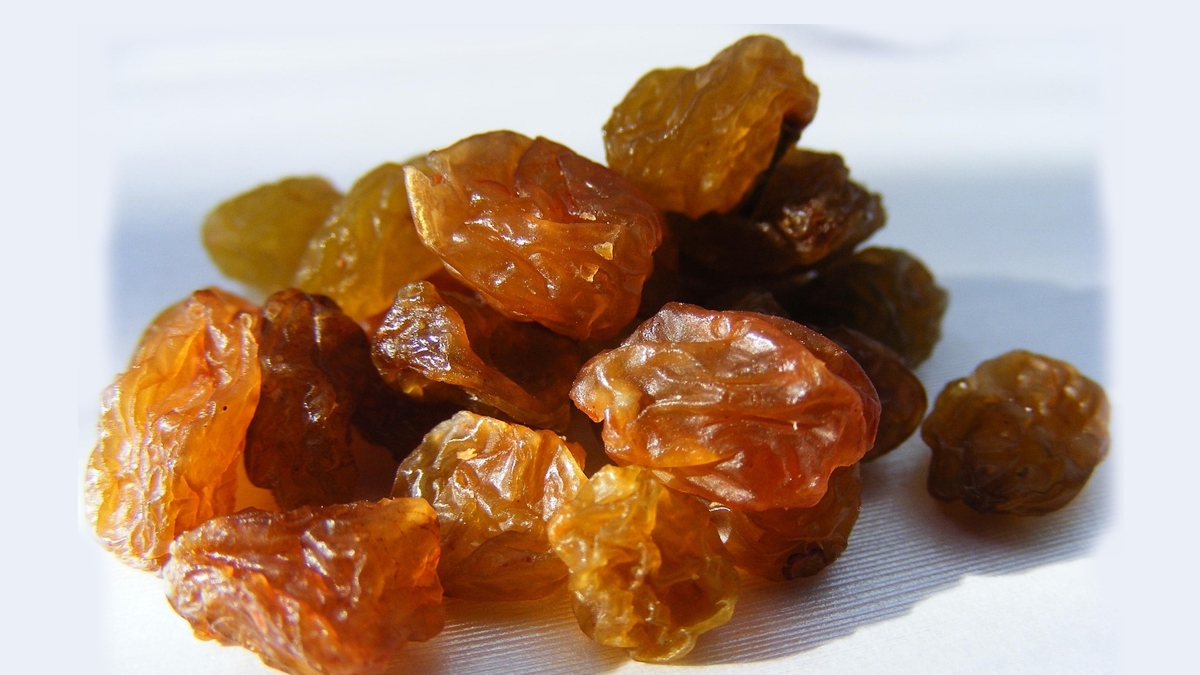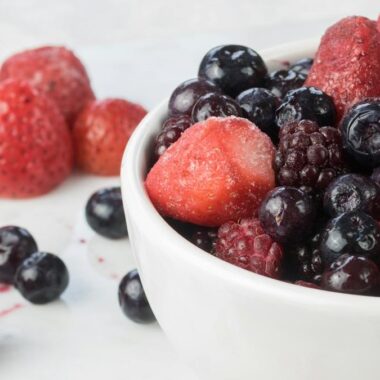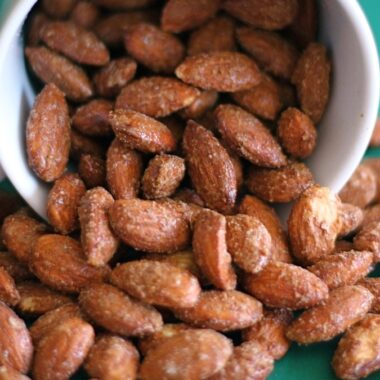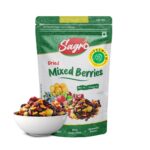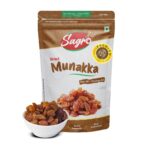🌱 Introduction
Munakka is often called the “original dried grape”, as it is naturally sun-dried and retains its seeds, making it more authentic compared to processed, seedless raisins. Larger in size, juicier in texture, and deeper in flavor, Munakka has been a staple in traditional diets, Ayurveda, and festive preparations. Beyond taste, it is widely appreciated for its wellness-supporting qualities, making it an important part of many households.
Raisins are one of the most common dried fruits, but not all raisins are the same. While most people are familiar with the smaller, seedless variety, there is a traditional form of dried grapes that has been valued for centuries—Munakka, also known as Abjosh.
🍇 What Makes Munakka Unique?
Munakka stands apart from regular raisins in several ways:
- Original & Natural – Considered the authentic form of dried grapes.
- With Seeds – Seeds add fiber and extra micronutrients.
- Bigger & Juicier – Provides a soft, satisfying bite.
- Traditional Value – Used in religious rituals, home remedies, and Ayurvedic practices.
- More Natural – Unlike many seedless raisins, Munakka is closer to its original fruit form.
💪 Nutritional Value & Health Benefits
Munakka combines natural sweetness with valuable nutrients:
- Quick Energy Source – Rich in natural fruit sugars that provide an instant energy lift, ideal for long days or physical activity.
- Iron Support – Traditionally known for its role in promoting healthy blood and reducing fatigue.
- Digestive Aid – Seeds add dietary fiber that supports smooth digestion.
- Antioxidant Power – Helps combat free radicals, supporting overall vitality.
- Traditional Wellness – Often soaked overnight and consumed in the morning as part of Ayurvedic practices.
⚡ Pro Tip: Unlike regular raisins, Munakka is best enjoyed soaked overnight to soften the texture, release natural flavors, and support better digestion.
🍴 12 Best Ways to Enjoy Munakka
Daily Rituals
- Morning Soak – Soak 5–6 Munakkas overnight and eat in the morning for a traditional wellness practice.
- Midday Energy Snack – A handful helps combat fatigue naturally.
- Bedtime Sweet Fix – Replace sugary desserts with a few Munakkas.
Cooking & Festive Foods
- In Pulao or Biryani – Adds sweetness and richness.
- In Kheer or Halwa – A traditional addition to Indian desserts.
- Festive Ladoos & Barfis – Complements nuts and ghee beautifully.
- Ayurvedic Mixes – Combined with milk or herbs in home remedies.
Baking & Modern Uses
- In Cakes & Muffins – Adds moisture and flavor.
- In Cookies – A healthy twist to classic recipes.
- Trail Mix – Combine with almonds, walnuts, and pumpkin seeds.
- Smoothies – Blend soaked Munakka for natural sweetness.
- Topping for Salads – Adds texture and taste to fruit or green salads.
🎁 Everyday & Festive Uses
- Daily Wellness – A simple, traditional morning ritual.
- Festivals – A must-have in festive sweet preparations.
- Religious Offerings – Considered sacred in many rituals.
- Travel-Friendly – Long shelf life and compact.
- Gifting – A thoughtful, traditional choice for loved ones.
🔍 Munakka vs Regular Raisins
- Size & Texture – Munakka is larger, juicier, and seeded; regular raisins are smaller and usually seedless.
- Nutrient Profile – Seeds in Munakka add extra fiber and micronutrients.
- Cultural Significance – Munakka is more prominent in Ayurveda and rituals, while raisins are common in everyday snacks.
- Taste – Munakka has a deeper, richer sweetness.
Conclusion: If you want authenticity and added nutritional depth, Munakka is a better choice than regular raisins.
❓ FAQs About Munakka
Q1: How is Munakka different from raisins?
Munakka is larger, juicier, and seeded, whereas most raisins are smaller and seedless.
Q2: Can Munakka be eaten daily?
Yes, 5–6 soaked Munakkas a day is a common traditional practice.
Q3: Is Munakka good for kids?
Yes, children can have Munakka in moderation as a natural sweet snack.
Q4: Does Munakka help digestion?
Yes, the seeds provide fiber that supports smooth digestion.
Q5: Is Munakka suitable for people with diabetes?
It should be eaten cautiously and only under medical supervision, as it is naturally sweet.
Q6: Can Munakka be used in baking?
Yes, it adds richness and a chewy texture to cakes, breads, and cookies.
Q7: What is the best way to store Munakka?
Keep in an airtight, resealable pouch in a cool, dry place to retain freshness.
⚠️ Disclaimer
The nutritional and health-related information in this article is intended for general awareness and is based on reliable public sources. It should not be taken as medical advice. For personalized dietary guidance or specific health concerns, it is always best to consult a qualified nutritionist or healthcare professional.
📌 Product Spotlight
👉 Looking to try premium-quality Afghani Munakka (Abjosh)?
Enjoy authentic, original dried grapes with seeds for natural energy and vitality.
✔ Imported & Premium Quality | ✔ Original Dried Grapes with Seeds | ✔ Expert Grading | ✔ Hygienic & Resealable Packaging
✔ Available in different packs – 200g | 200g x 2 | 200g x 4
✔ Mix & Match Offer – Buy any 2, 3, 4, or 5 dried fruit packs across the website for extra discounts
✔ Perfect for Snacking, Cooking, Desserts, or Gifting
👉 [Shop Premium Afghani Munakka (Abjosh) Here] (Product Link)


